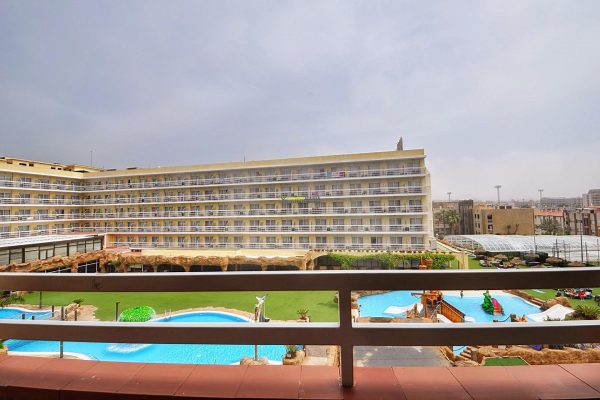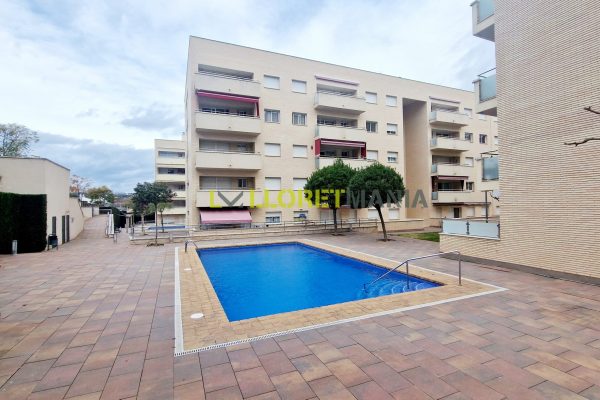The S-1 declaration
 Most tourists traveling around Europe no longer carry large amounts of cash with them. It has become a habit to use Visa and Mastercard payment cards. Cash, if necessary, can be easily withdrawn from an ATM.
Most tourists traveling around Europe no longer carry large amounts of cash with them. It has become a habit to use Visa and Mastercard payment cards. Cash, if necessary, can be easily withdrawn from an ATM.
However, there are still many who prefer to travel to EU countries, taking cash not only for shopping, but also for more expensive purchases – for example, buying a car or real estate.
 How much cash can be transported across the border without violating customs regulations?
How much cash can be transported across the border without violating customs regulations?
As a reminder, when entering Spain, all amounts over 10,000 € must be declared.
Imagine a situation (unlikely, but still): you are walking down the street with a suitcase of money; you are stopped by the police to check your documents; something alerts the police, they search you and find a lot of cash, but the S-1 declaration is not found. The result is the confiscation of money. No other documents confirming that the money is yours, or that it was received legally, will not help. There is no S-1 declaration on hand – the money will be withdrawn as part of the fight against capital laundering.
 Crossing the Spanish border carrying more than 10,000 € in banknotes or bearer checks and not having a completed S-1 declaration is also dangerous. Confiscation is not all that can happen to you. The law requires you to leave 1,000 € for you so that you can continue your trip, and at the same time impose a fine (in addition to the amount confiscated) in the amount of 600 €.
Crossing the Spanish border carrying more than 10,000 € in banknotes or bearer checks and not having a completed S-1 declaration is also dangerous. Confiscation is not all that can happen to you. The law requires you to leave 1,000 € for you so that you can continue your trip, and at the same time impose a fine (in addition to the amount confiscated) in the amount of 600 €.
The S-1 declaration must be completed by all citizens, both Spaniards and foreigners. When entering a foreign currency, the amount must be equivalent to 10.000 €.
If you forgot or failed to complete and submit the declaration at the airport immediately after arrival, you can do it the next day. And it is not necessary to go to the airport again: the customs office can be found in the port of Barcelona.
The declaration is purely informational, notifying in nature and does not imply the payment of any taxes and duties. The S-1 declaration form indicates the data of the owner of the funds, the carrier, where the money comes from and where it goes. And, finally, it is necessary to indicate the purpose of using the money: investments, buying a house, playing in a casino – indicate what is. The declaration also notes how the money is transported and the route of transportation.
Customs officers are not interested in whether the declaration or other necessary documents were filled out in the country of departure, whether income taxes were paid, whether any taxes will be paid directly in Spain – these are not their functions.
 It is important for customs officers to see that funds imported into Spain (as well as exported and moved through the country) are properly declared. If in the future any questions arise regarding the source of origin of income and their taxation, they will follow directly from the bank or the tax service.
It is important for customs officers to see that funds imported into Spain (as well as exported and moved through the country) are properly declared. If in the future any questions arise regarding the source of origin of income and their taxation, they will follow directly from the bank or the tax service.
We draw your attention to an important point: the declaration must not only be signed by the customs officer and the official seal, but also entered into the database. After registration of the declaration, it is assigned a unique number – “número de referencia”. And only with this number does it receive full legal force and can be accepted by Spanish banks. (You can download the form from the link)
Renting property in Spain

Эта запись также доступна на:
![]() English
English ![]() Français
Français ![]() Русский
Русский ![]() Español
Español













